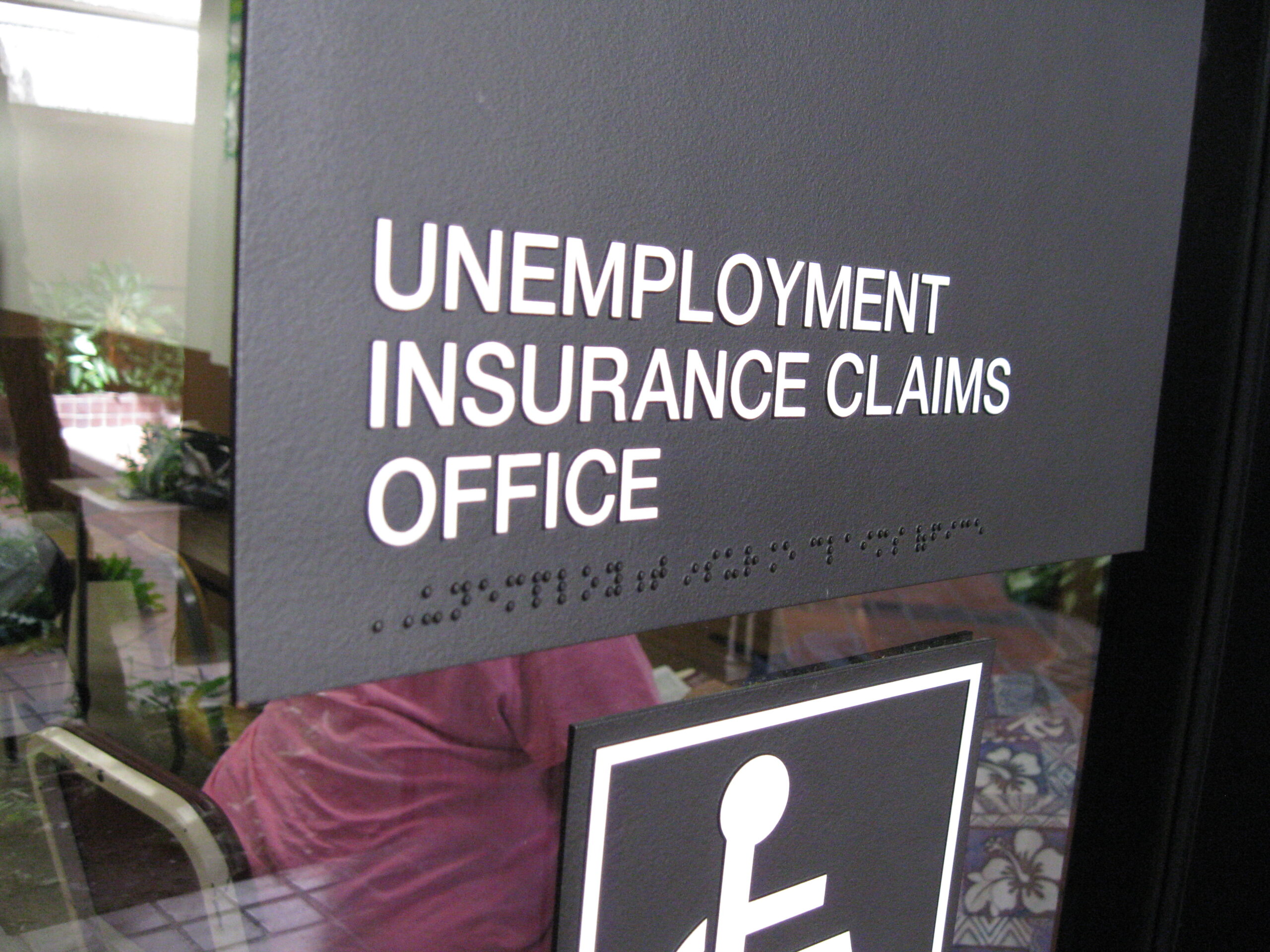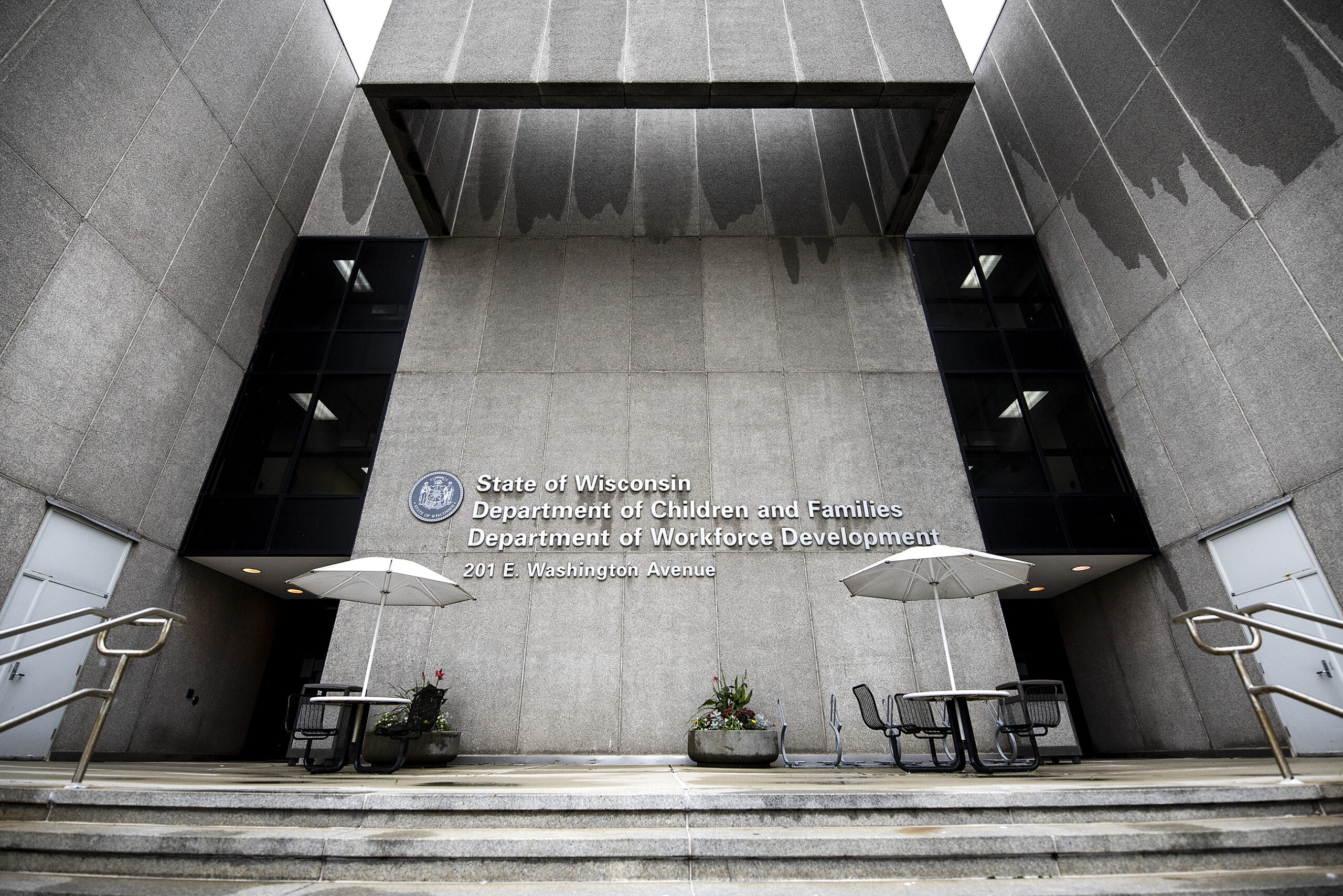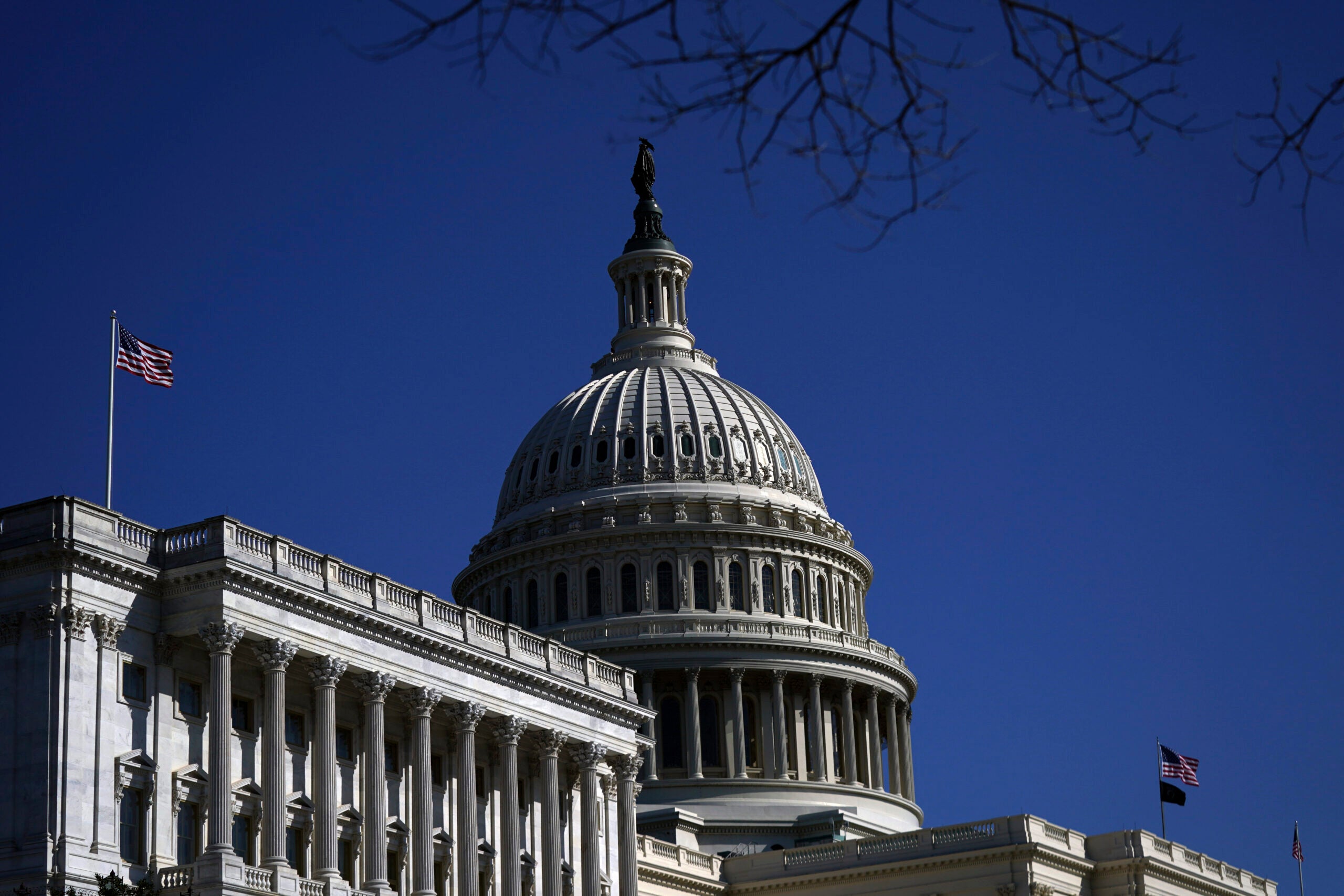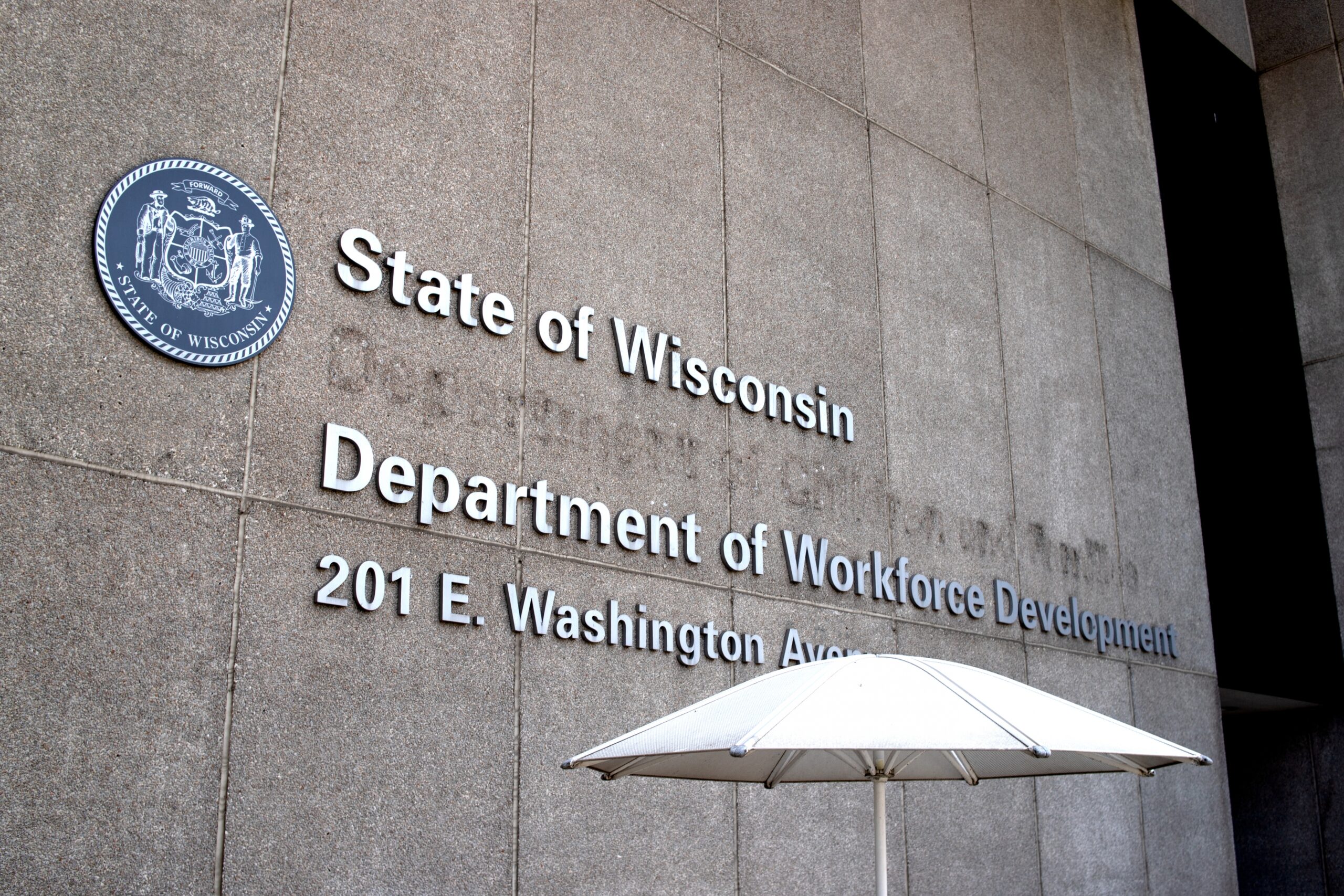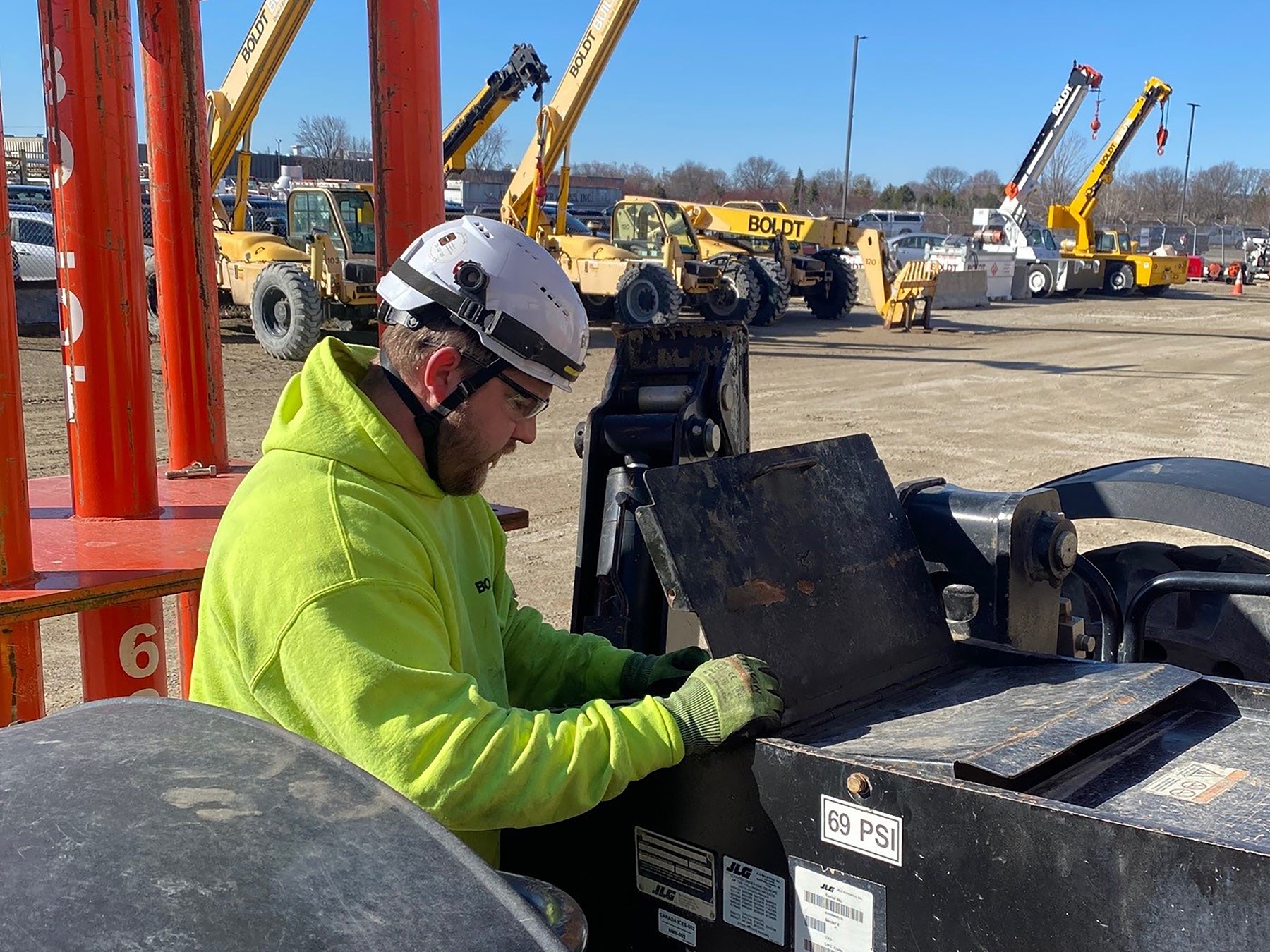Some out-of-work Wisconsinites who are trying to access new unemployment benefits created under the second round of federal coronavirus relief will have to wait an unknown amount of time to receive those benefits, according to the state Department of Workforce Development.
The two programs facing an unknown delay are Pandemic Unemployment Assistance (PUA), for those not typically eligible for unemployment like self-employed and contract workers; and Pandemic Emergency Unemployment Compensation (PEUC), which grants additional weeks of unemployment benefits.
Congress made changes to both programs in the second round of coronavirus relief passed and signed into law in late December. Those changes include allowing PEUC recipients to receive an extra 11 weeks of benefits on top of the 13 weeks the program initially granted, for a total of 24 weeks of benefits.
News with a little more humanity
WPR’s “Wisconsin Today” newsletter keeps you connected to the state you love without feeling overwhelmed. No paywall. No agenda. No corporate filter.
PUA recipients are also allowed to receive an extra 11 weeks of benefits, up from the original 39-week maximum to 50 weeks total. That means, for both programs, individuals who had exhausted their benefits under the old limits could be eligible to receive up to 11 weeks of additional coverage under the programs.
DWD now has to program those changes into its system, a process the department has said is made slower by its old computer system that it has blamed past delays on.
In an email Thursday, DWD spokesperson Grace Kim said the department does “not have a date to supply at this time” for when that new programming will be completed, adding that the department is working to deploy the programs “as quickly as possible.”
But Kim did say that programming for a new $300 unemployment supplement will happen first. She was unable to say what order the setup for the remaining two programs would happen in.
The department said not all PUA and PEUC recipients will be affected by the delay. According to Kim, recipients who hadn’t exhausted their “piggy bank” of PEUC or PUA benefits set up under the first round of federal coronavirus relief legislation will be able to continue filing weekly claims as normal and receive those benefits until that “piggy bank” runs out.
But for those who exhausted their benefits before the week of Dec. 26, they will experience a delay in payments until the department finishes making the new technical changes to both programs in their computer system.
Michele Evermore, an unemployment expert with the left-leaning National Employment Law Project, stressed that unemployment recipients will receive back-pay for the weeks they were eligible for the new benefits.
“There won’t be a lapse in benefit coverage, which is great but their will be a lapse in payment,” Evermore said.
Carol Cizauskas, a Madison resident, said her family had been relying on unemployment since her husband, who asked that WPR not share his name, lost his job as a cook in March. But that aid ran out in mid-December and now they may be forced to rely on only her income until DWD launches the updated programs.
While they wait for more answers, Cizauskas said the uncertainty about when they’ll have more help makes life really difficult.
“I want to be able to budget appropriately for us and figure out if, you know, we need to continue going to a food bank or can we spend a little bit more for … regular groceries,” Cizauskas said.
Cizauskas said even if her husband could find work in the restaurant industry, which has taken a huge financial hit during the pandemic, he would still be presented with impossible choices. As someone in his mid-60s, he could stay home from work and deal with the uncertainty and stress of unemployment aid, or he could go back to work in a job that doesn’t allow for remote work and risk being exposed to the virus, possibly experiencing serious illness or even death.
“We’re grateful that we’re still surviving, but it’s really hard and scary,” she said.
DWD said it doesn’t know how many unemployment recipients will be affected by the delay in payments.
Wisconsin Public Radio, © Copyright 2025, Board of Regents of the University of Wisconsin System and Wisconsin Educational Communications Board.

